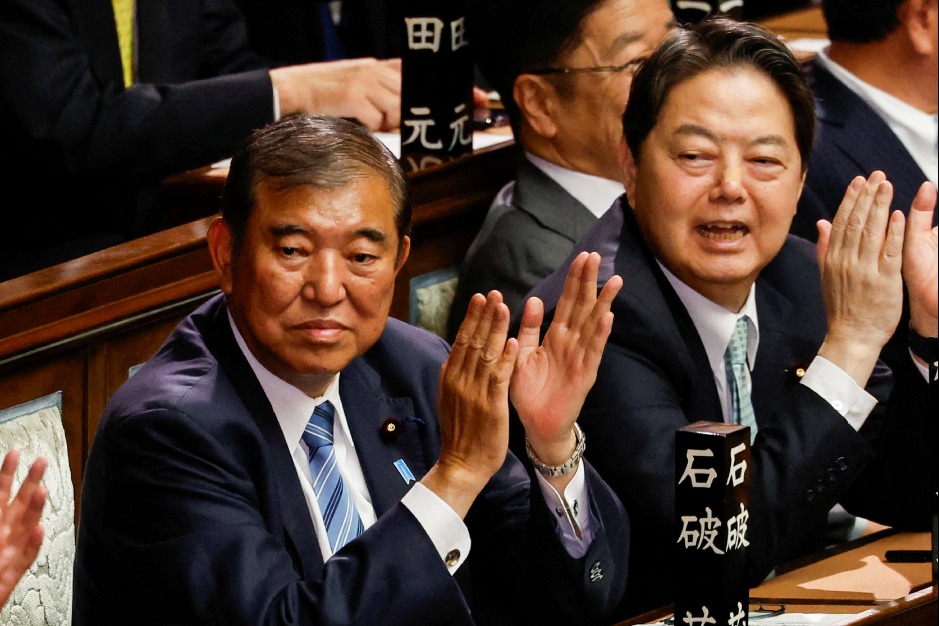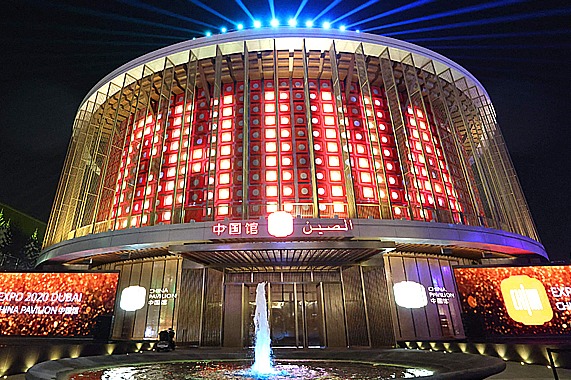Visit tradition highlights bonds of friendship with Africa


Keeping the unshakable promise that it made more than three decades ago, China continues to prioritize Africa in its public diplomacy. Maintaining a tradition that started 34 years ago of making Africa the destination of the Chinese foreign minister's first overseas trip of the year, Wang Yi visited Egypt, Tunisia, Togo and Cote d'Ivoire from Jan 13 to 18.
His trip highlighted the great importance that China attaches to its traditional friendship with African nations and reflected China's continuing engagement with North Africa and West Africa. It also displayed China's willingness to cooperate with African countries. This in turn will help to restore the momentum of Africa-China cooperation, as well as extend China's foreign policy regarding its relationship with the continent of Africa.
The Chinese government has extended its help to Africa by not only building infrastructure but also by championing development as one of the best ways to support Africa in overcoming the continent's security challenges.
Foreign Minister Wang's visit to these four African countries promoted the implementation of the outcomes of the Forum on China-Africa Cooperation and coordination with African countries on the FOCAC meeting to be held in China later this year. It was also intended to strengthen economic and security cooperation with African countries.
China's engagement is important because it is meeting the needs of local people by creating jobs and providing security, among other things.
Wang's visit came at an opportune time. As a valuable contribution to sustaining China-Egypt economic ties, it was expected to have not only helped reinvigorate Chinese investments within the Suez Canal Economic Zone, but also to have further incentivized Chinese government decision-makers and Chinese enterprises to use joint ventures more often as the vehicle for their investment in Egypt. Furthermore, it promoted Chinese-owned and Egyptian-owned enterprises' exports to Europe and the Middle East, as well as to China, thanks to the nation's tax incentives and its location as a juncture for Europe, Asia and Africa.
For Tunisia, amid developmental headwinds and an economic crunch magnified by external financing challenges due to heavy external debt, the country's economic ties stand as a vital pillar of its relationship with China.
Wang's visit enabled Tunisia to look to China for continued investment in development projects that could spur economic growth.
As for Togo, its trade with China reportedly reached $2.3 billion from January to July 2023, a 14 percent surge from the same period in 2022, demonstrating the thriving economic ties between the two countries. As a principal commercial partner and one of Togo's principal sources of investment, China has been supporting Togo in addressing its infrastructure challenges in a bid to help the nation with its ambition to double the mining sector and to promote value-addition and industrialization.
Finally, as for Cote d'Ivoire, the nation has been enjoying considerable growth during the past two decades in its bilateral trade with China. During that time, exports to China increased at an annualized rate of 18.2 percent. The tight bilateral ties between Cote d'Ivoire and China are also symbolic of Africa's great support for the Belt and Road Initiative, thanks to the infrastructure investment push from the cooperation.
Therefore, Wang's visit not only offered an opportunity to understand how the world should see Africa, encouraging countries to offer support to local African economies so that they can build up their economic strength, but it also demonstrated China's belief that Africa should be a place for multilateral cooperation, not for major power competition or geopolitical benefits.
Since China is aware that African people like seeing their economies treated as business opportunities rather than as recipients of foreign aid with political strings attached, it approaches negotiations with African nations as opportunities for business cooperation rather than viewing them as solicitations for charity. This is one of the reasons African leaders and citizens have appreciated not just the material support arising from China, but also the sense of not being patronized.
Looking ahead, Africa and China will advance their cooperation to build a China-Africa community with a shared future, which will help unleash their development potential in the new era.
The author is executive director of the Center for Nigerian Studies at the Institute of African Studies at Zhejiang Normal University.

































